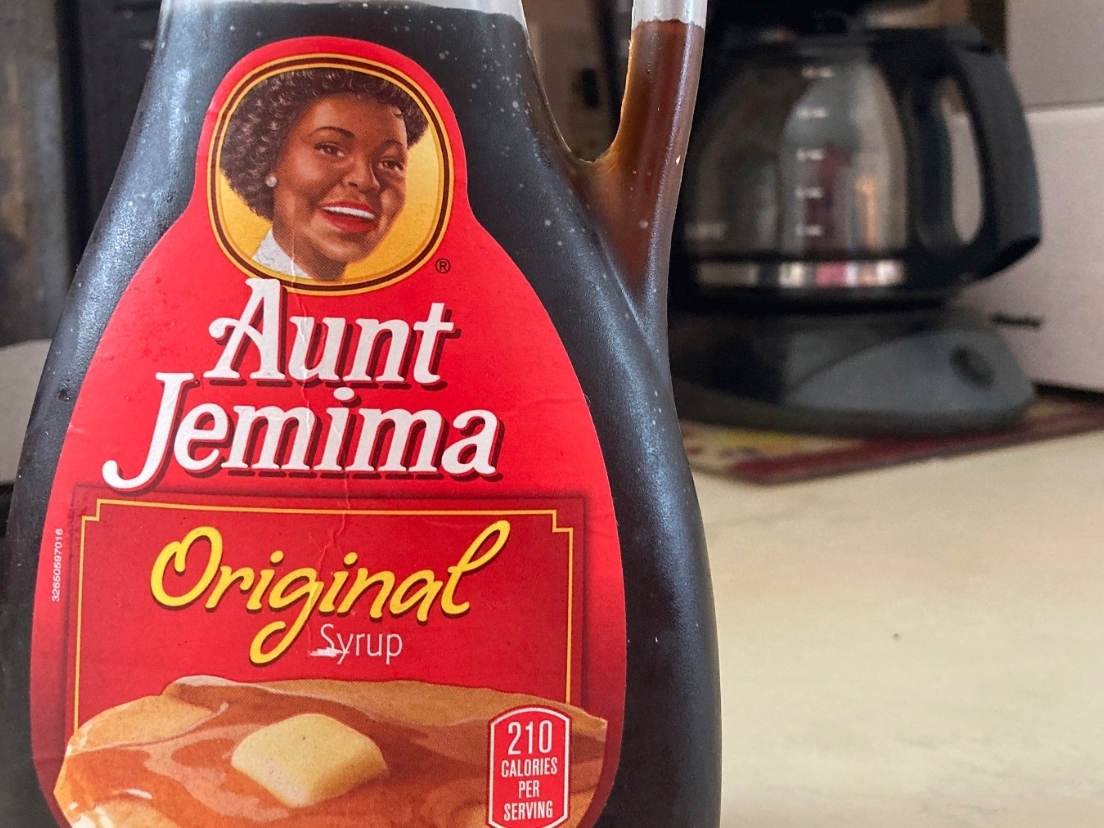Larnell Evans Sr., the great-grandson of “Aunt Jemima,” is speaking out against Quaker Oats’ decision to retire the iconic breakfast brand. He believes that simply removing the brand is an attempt to erase the racist history associated with it, and that it is an injustice to his family.
Evans’s great-grandmother, Anna Short Harrington, took over the role of “Aunt Jemima” after the original actress, Nancy Green, passed away. Harrington was born on a South Carolina plantation and later worked as a maid and cook for a white family in New York. It was during her time at the Kappa Sigma fraternity house in Syracuse that a Quaker Oats representative discovered her and started using her likeness on products and advertising.
Harrington became a national celebrity, traveling across the United States and Canada, serving as Aunt Jemima and making her famous pancakes. However, her descendants filed a lawsuit in 2014, claiming that Quaker Oats had not paid royalties to Harrington’s family. The case was dismissed by a federal judge, stating that Evans and his nephew did not have legal standing to sue in Harrington’s name.
In response to recent events and calls for racial equity, Quaker Foods announced that it would retire the Aunt Jemima brand. Mars Inc., the makers of Uncle Ben’s instant rice, also followed suit by changing the brand’s name and logo. The image on the Cream Of Wheat box is also under consideration for removal.
Evans, a 66-year-old Marine Corps veteran, believes that corporations like Quaker Oats should do more than just remove these images. He argues that they should acknowledge the profits they made from these racist depictions and provide restitution to the black community.
Evans’s passion for preserving his family’s history is rooted in the desire for accountability and acknowledgment of the pain caused by these images. He believes that it is not enough to simply erase history without addressing the ongoing struggles and injustices faced by black Americans.
The fight for racial equity continues, and Evans hopes that corporations will step up to the plate and take responsibility for their past actions. Removing these racially insensitive images is a step in the right direction, but true progress requires more than just erasing the evidence.
